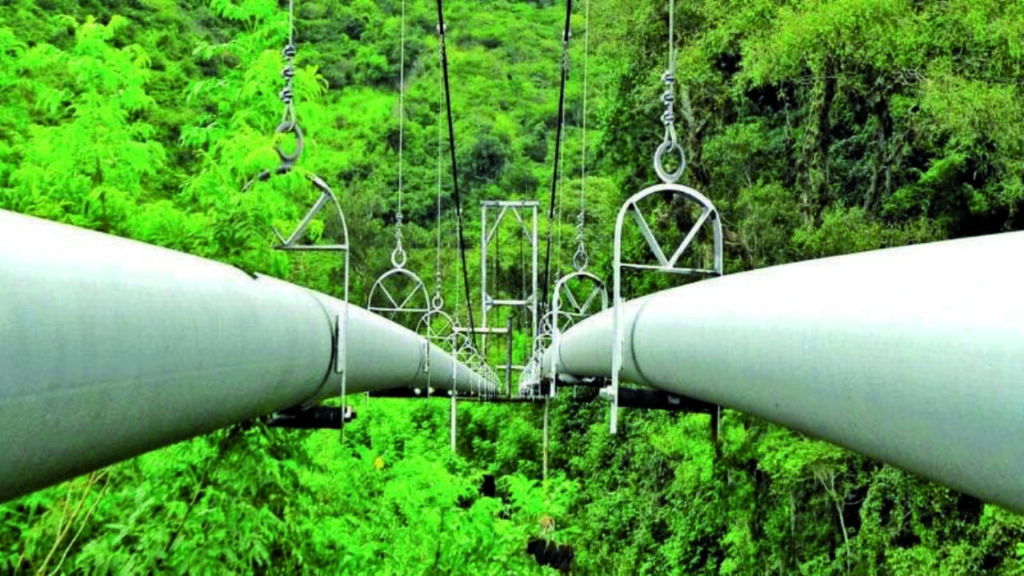The Secretary of Energy of the Nation, Darío Martínez, referred to the continuous power outages, the demand for electricity consumption and also the role of the National Electricity Regulatory Entity (ENRE) and the distributors. “There is a lack of investment from the time of macrismo”, he added.
With respect to power outages, explained that “what happened to the service It was a combination of four factors. that had never occurred” in the country so far. “All this triggered the tension in the system,” the official remarked about what happened in the AMBA (Buenos Aires Metropolitan Area).
As the official explained, the four factors that caused the power outages They were “the reactivation, which has been demanding energy at a high level, the historic heat wave, the low hydroactivity due to the drought and also the disinvestment of the previous management of the macrismo”.
In line with what happened with the supply these days, the Argentine politician maintained that “the ENRE is doing its job” and that “the residents deserve to have a system that works correctly”. At the same time, he pointed out that “greater controls and sanctions must be applied.”
Electricity rates in 2022
In a new reference to the previous management, Martínez indicated that “we come from an experience where tariffs were raised and there were cuts.” Regarding the work and objective of the current administration, he assured that “rates are not going to increase above salaries.”
“The idea of our project, together with the President, is that rates do not evolve above wages,” reiterated the former deputy. Likewise, he warned that the problem we have “is not explained only by the rate scheme, but also by a lack of investment from the time of the macrismo.”
Source: (C5N)
Last December, after discussing it with the National Ministry of Economy and various entities involved in the sector, Martínez himself announced on his social networks that this year’s “rate correction” will be 20% on electricity bills for the “generality of users”.
In turn, he indicated that there will also be “rate segmentation” with the aim of achieving “a more intelligent, efficient and equitable use” of subsidies. In addition, from the Government they added that “it will help reduce fiscal resources destined for sectors of society with higher purchasing power.”

















